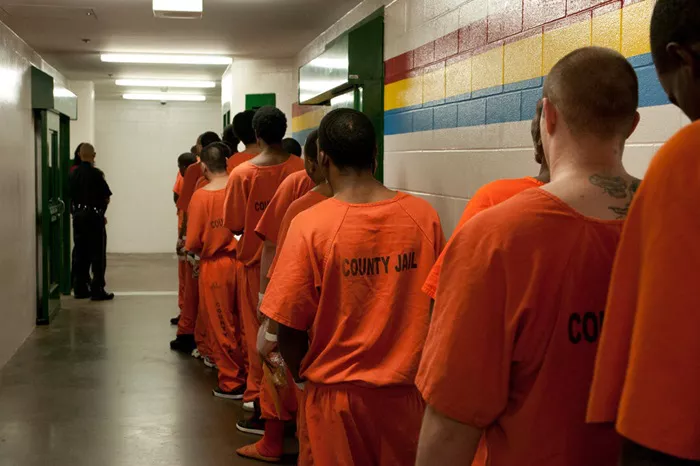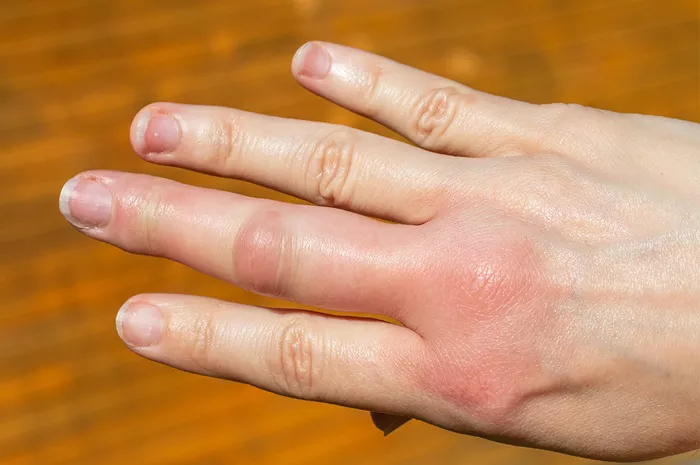Mental health is a critical yet often overlooked aspect of prison populations worldwide. The unique challenges and stressors of incarceration can exacerbate existing mental health issues or lead to the development of new ones among inmates. Recognizing the importance of mental health in prisons is essential not only for the well-being of incarcerated individuals but also for the safety and security of correctional staff and society at large. In this article, we will delve into the significance of mental health in prisons, exploring its impact on inmates, staff, and the broader community.
The Prevalence of Mental Health Disorders in Prison
Mental health disorders are significantly more prevalent among prison populations than in the general public. Several factors contribute to this disparity, including:
Pre-existing Conditions: Many individuals entering the criminal justice system already have a history of mental illness or substance abuse. However, they may not have received adequate treatment or support in the community, leading to their involvement in criminal activities and subsequent incarceration.
Trauma and Adverse Experiences: The majority of inmates have experienced trauma or adverse life events, such as abuse, neglect, or poverty, which can contribute to the development of mental health disorders. The stressors of incarceration can further exacerbate these underlying issues, leading to deteriorating mental health.
Substance Abuse: Substance abuse is closely intertwined with mental health disorders, with many individuals using drugs or alcohol as a means of self-medication for underlying psychological issues. In prison environments, access to illicit substances may be limited, leading to withdrawal symptoms and exacerbation of mental health symptoms.
Isolation and Confinement: The isolation and confinement inherent in prison life can have profound psychological effects on inmates, contributing to feelings of loneliness, depression, and anxiety. Lack of social support networks and meaningful activities can further exacerbate these feelings, leading to deteriorating mental health.
Impact on Inmates
The impact of poor mental health on inmates extends far beyond their individual well-being. Mental health issues can affect various aspects of an individual’s life in prison, including:
Quality of Life: Inmates with untreated mental health disorders may experience a diminished quality of life, characterized by persistent distress, impaired functioning, and reduced enjoyment of daily activities.
Risk of Self-Harm and Suicide: Individuals with mental health disorders are at a higher risk of self-harm and suicide, particularly in the stressful and restrictive environment of a prison. Without access to appropriate mental health care and support, these individuals may resort to drastic measures to cope with their emotional pain.
Behavioral Issues: Untreated mental health issues can manifest in disruptive or aggressive behavior, posing challenges for prison staff in maintaining order and security within the facility. Inmates may engage in acts of violence, self-harm, or non-compliance, further exacerbating tensions within the prison environment.
Recidivism: Poor mental health can contribute to higher rates of recidivism among former inmates, as untreated mental health issues may hinder their ability to reintegrate into society successfully. Without adequate support and treatment, individuals may struggle to find stable housing, employment, or social support networks, increasing their likelihood of reoffending.
Impact on Correctional Staff
The mental health of correctional staff is also affected by the challenges of working in a prison environment. Dealing with inmates who have significant mental health needs can be emotionally draining and psychologically demanding, leading to burnout, compassion fatigue, and increased risk of mental health disorders among staff members. Additionally, exposure to violence, trauma, and vicarious traumatization can further compound the mental health challenges faced by correctional staff.
Impact on the Community
The implications of poor mental health in prisons extend beyond the walls of correctional facilities and into the broader community. Individuals with untreated mental health disorders are more likely to engage in criminal behavior, leading to higher rates of crime and victimization in communities. Moreover, the cycle of incarceration and recidivism perpetuated by untreated mental health issues places a significant burden on the criminal justice system and society as a whole, contributing to overcrowded prisons, strained resources, and societal stigma against individuals with mental illness.
Addressing Mental Health in Prisons
Addressing the mental health needs of incarcerated individuals requires a comprehensive and multi-faceted approach that prioritizes prevention, early intervention, and access to quality mental health care. Some key strategies include:
Screening and Assessment: Routine screening and assessment for mental health disorders upon entry into the criminal justice system can help identify individuals in need of mental health care and support. Screening tools should be evidence-based and administered by trained professionals to ensure accurate identification of mental health issues.
Access to Treatment: Incarcerated individuals should have access to a range of mental health services, including counseling, medication management, and psychotherapy. Treatment plans should be individualized to meet the unique needs of each inmate and may include a combination of pharmacological and non-pharmacological interventions.
Crisis Intervention: Prisons should have protocols in place for managing mental health crises, including suicide prevention measures, de-escalation techniques, and access to psychiatric emergency services. Staff should receive training in recognizing and responding to signs of mental distress and be equipped with the skills and resources to intervene effectively.
Supportive Environments: Creating supportive and therapeutic environments within prisons can help mitigate the negative impact of incarceration on inmates’ mental health. This may involve offering educational and vocational programs, promoting social interaction and peer support, and providing opportunities for recreation and physical activity.
Collaboration with Community Resources: Collaboration between correctional facilities and community mental health agencies is essential to ensure continuity of care for individuals transitioning from incarceration back into the community. Community-based programs and services can provide ongoing support and resources to help former inmates reintegrate successfully and reduce their risk of reoffending.
Conclusion
The significance of mental health in prisons cannot be overstated, as it profoundly impacts the well-being of inmates, correctional staff, and the broader community. Addressing the mental health needs of incarcerated individuals requires a concerted effort to prioritize prevention, early intervention, and access to quality mental health care. By recognizing the importance of mental health in prisons and implementing evidence-based strategies to support inmates’ mental well-being, we can promote rehabilitation, reduce recidivism, and ultimately create safer and more humane correctional environments.
[inline_related_posts title=”You Might Be Interested In” title_align=”left” style=”list” number=”6″ align=”none” ids=”8694,8690,8687″ by=”categories” orderby=”rand” order=”DESC” hide_thumb=”no” thumb_right=”no” views=”no” date=”yes” grid_columns=”2″ post_type=”” tax=””]































